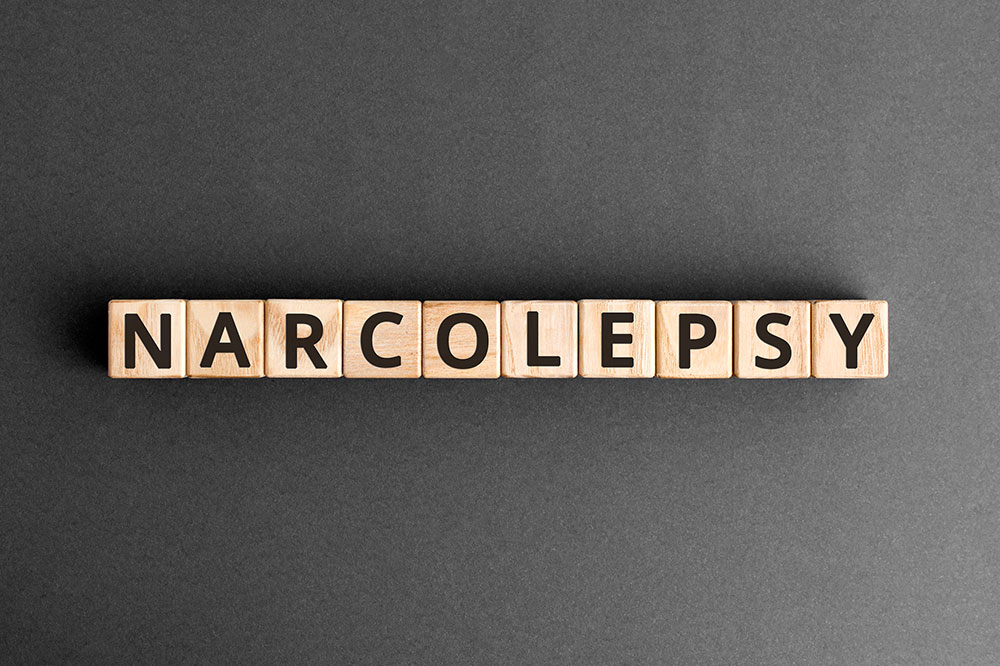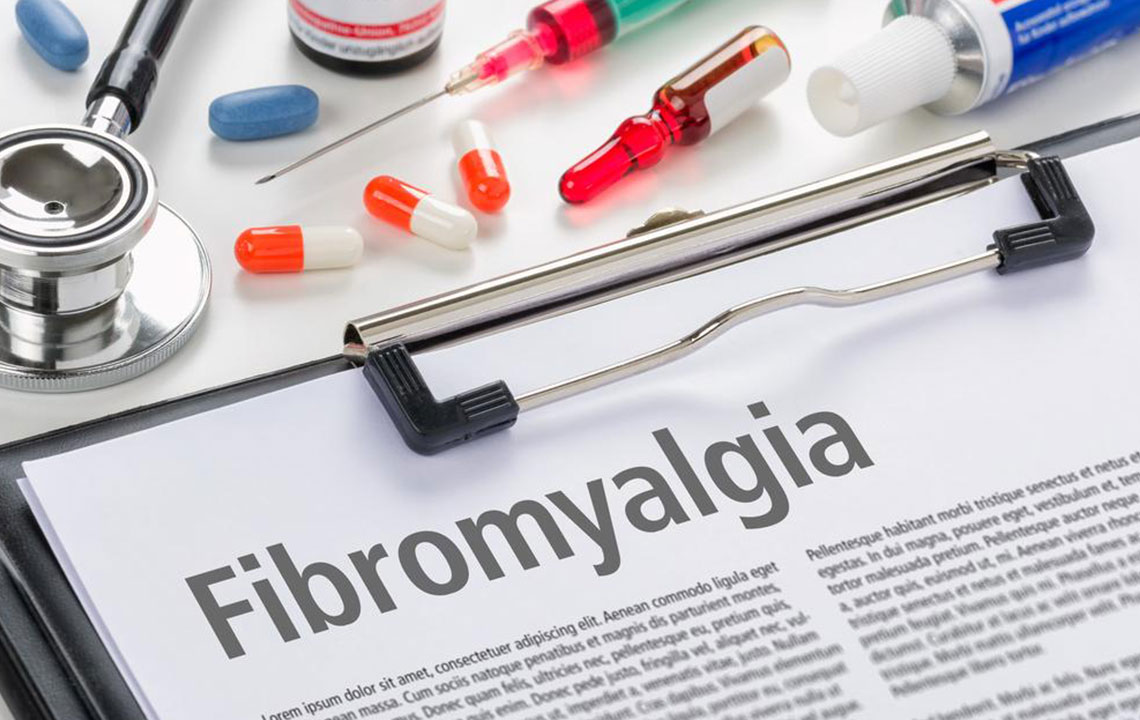Comprehensive Guide to Managing Narcolepsy Symptoms Effectively
This comprehensive guide offers practical and effective strategies for managing narcolepsy symptoms. It covers sleep routine management, the importance of vitamin D, and gentle exercises to improve sleep quality and reduce fatigue. By understanding and customizing these approaches, individuals can enhance their quality of life despite the challenges posed by narcolepsy. The article emphasizes lifestyle adjustments, dietary considerations, and personalized routines to help those affected gain better control over their condition and lead healthier lives.

Comprehensive Strategies for Managing Narcolepsy Symptoms
Narcolepsy is a complex neurological disorder that significantly affects an individual's daily life by causing sudden and uncontrollable episodes of sleepiness during waking hours. These sleep attacks can occur unexpectedly, sometimes even during critical activities such as driving, working, or engaging in social interactions. Along with excessive daytime sleepiness, many individuals experience other symptoms like hallucinations, sleep paralysis, and a condition known as cataplexy—a sudden loss of muscle tone triggered by strong emotions like laughter, excitement, or stress. Although currently there is no permanent cure for narcolepsy, various management strategies can greatly improve quality of life, helping those affected to lead healthier, more balanced routines.
Understanding Your Sleep Patterns and Developing a Routine
Since narcolepsy is a lifelong condition, understanding your unique sleep patterns becomes fundamental in managing its symptoms. Developing a consistent sleep schedule—going to bed and waking up at the same time each day—can help regulate your internal clock. Incorporating scheduled daytime naps, ideally 2-3 short naps lasting around 20 minutes, can help reduce the severity of daytime sleep attacks. In workplace settings, employers offering flexible schedules or remote working options are beneficial, providing individuals with narcolepsy the opportunity to rest as needed without the stress of an inflexible environment. For children and students, fostering open communication with schools and educators enables personalized support, ensuring their condition is understood and accommodated, thus preventing misunderstandings related to behavioral symptoms. Overall, tailoring daily routines around your energy levels can help manage symptoms effectively and improve overall well-being.
The Role of Vitamin D in Managing Narcolepsy
Emerging research points to a notable link between vitamin D deficiency and increased fatigue among individuals with narcolepsy. Vitamin D, which is primarily synthesized through sunlight exposure, plays a crucial role in supporting immune health and maintaining optimal sleep-wake cycles. Studies suggest that many people with narcolepsy suffer from low vitamin D levels, which can exacerbate feelings of tiredness and lethargy. To address this, increased sunlight exposure during morning hours can naturally boost vitamin D production. Additionally, supplementation under medical supervision is a practical way to ensure adequate intake, potentially alleviating fatigue and improving daytime alertness. Incorporating these habits into daily routines can offer significant benefits in managing narcolepsy symptoms.
Introducing Gentle Physical Activity to Improve Sleep and Mood
Engaging in gentle, low-impact exercises such as yoga, walking, or Pilates is an effective component of narcolepsy management. Regular physical activity can enhance sleep quality, reduce stress, and boost mood, all of which are critical for individuals dealing with this condition. It’s essential, however, to choose safe exercises that do not overly elevate emotional responses, as emotional triggers can sometimes precipitate episodes like cataplexy. Being mindful during workouts and avoiding intense emotional stimuli can help prevent muscle weakness or sudden debilitation. Consistent, moderate activity not only promotes better sleep but also encourages overall well-being, aiding long-term management of narcolepsy symptoms. Making fitness an integral part of daily life can empower individuals to take control of their health and improve their energy levels.





